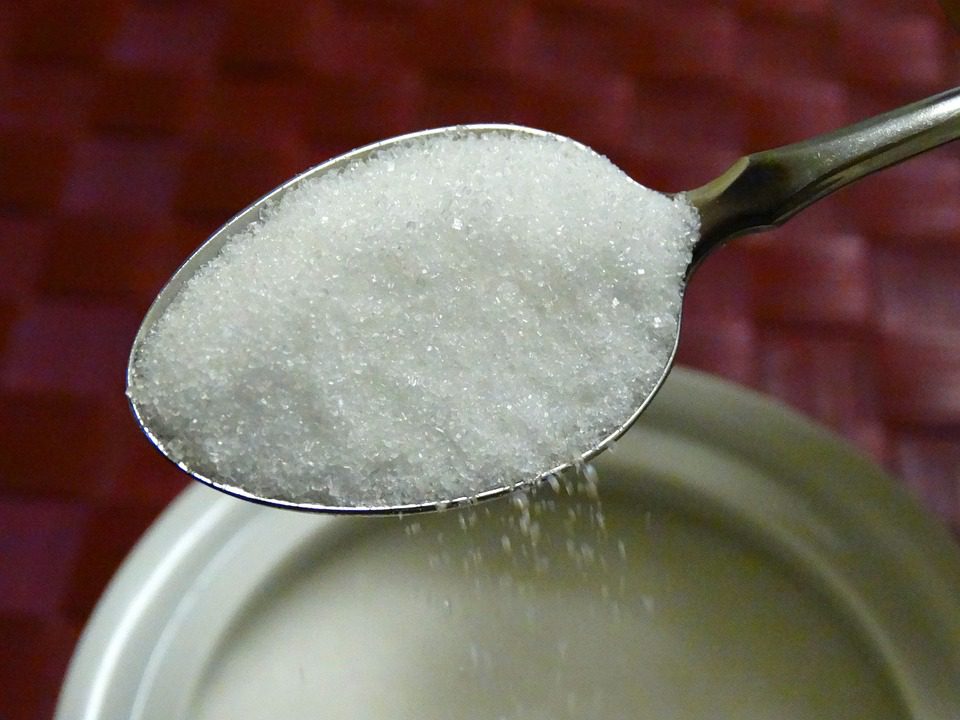In the 1970s, it was discovered that a sweetener named cyclamate was increasing bladder cancer in animals. Human biology, on the other hand, is much different from that of rats, and past studies have failed to establish a relationship between both the sweetener with cancer incidence in people.
Now, a research published in PLOS Medicine has indicated that individuals who eat excessive amounts of particular sweeteners have a little increased risk of acquiring specific forms of cancer.
The scientists requested individuals to maintain a food journal to determine their consumption of sugar substitutes. Approximately half of the individuals were tracked for a period of upwards of 8 years. According to the research, aspartame and acesulfame K were linked to an elevated risk of cancer, particularly breast and obesity-related malignancies including colorectal, stomach, as well as prostate cancers. This implies that eliminating some kinds of sweets from your lifestyle may help lower your chance of developing cancer.
While sweeteners have little or no calories, they nonetheless have an influence on our wellbeing. For instance, when aspartame is digested by the body, it converts to formaldehyde (a recognized carcinogen). This might result in it accumulating in cells and causing them to develop cancer.
Once our cells turn malignant, they are programmed to self-destruct. However, it has been demonstrated that aspartame inhibits the genetics that instructs cancerous cells to do just that. Additional sweeteners, such as sucralose & saccharin, have been demonstrated to cause damage to DNA, which may result in cancer. However, this has been demonstrated in cells cultured in a laboratory instead of a real creature.
As debate rages on over the relationship between sweetener consumption and cancer, it is crucial to point out that not all sugar substitutes are equivalent.













Leave a Reply